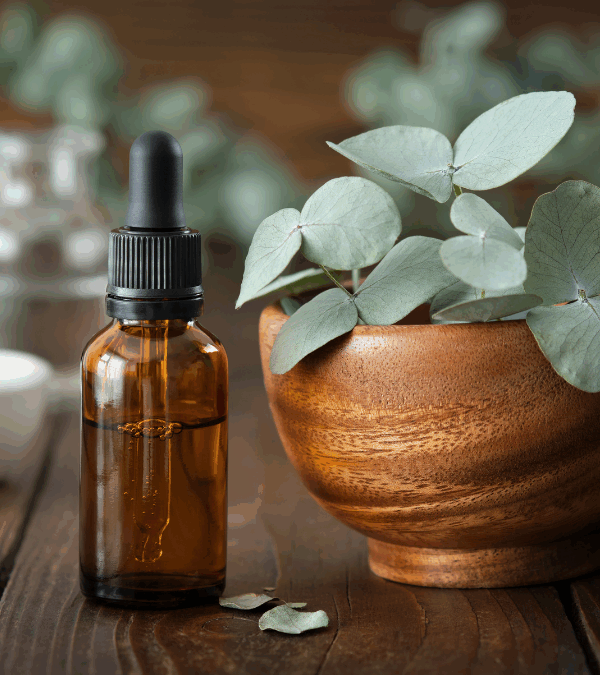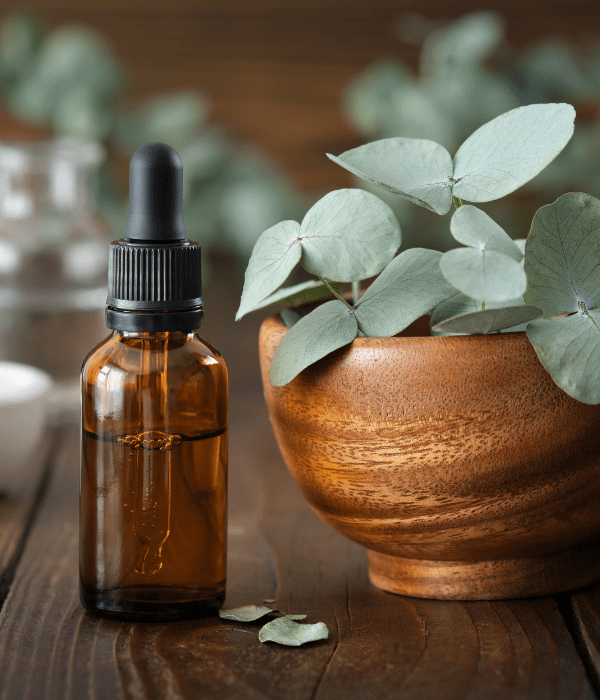Unlocking the Healing Power of Essential Oils
This weekend I have been asked to speak at the Essence of Clinical Aromatherapy seminar at the University of Bath which is an educational and networking event for anyone involved in clinical aromatherapy. I’ll be talking about my experience of using evidence based essential oils in clinical practice as a palliative care doctor earlier in my career, and now as in integrative cancer doctor, also teaching healthcare professionals as part of our Diploma in Integrative Healthcare. I’d love to share with you some of what I will be speaking about on Saturday.
Aromatherapy, is the therapeutic use of essential oils, which are highly concentrated extractions from plants. It has been gaining increased recognition within integrative medicine particularly within integrative oncology and palliative care. We often associate aromatherapy with anxiety relief or mood improvement (the calming properties of lavender being a famous example!) but there have been various studies in its use to complement conventional cancer treatments across a range of physical and psychological conditions particularly nausea, vomiting, cancer pain, fatigue and quality of life.
How does aromatherapy work? Primarily it’s through our olfactory system, our sense of smell. Smell is the first sense we are born with – babies are designed to be able to smell first, before sight, so they are able to sense and move towards their mother’s milk. Smell is part of our survival instinct, not only in this instance but as we grow. Our sense of smell can tell us if food has gone bad, or may be poisonous. Our smell helps us keep safe, such as warning smells such as fires or gas leaks.
Aromatherapy works by stimulating smell receptors in the nose which send messages through the nervous system to the limbic system the part of the brain involved in emotion and memory which are stimulated. We can also use essential oils topically – lipophilic molecules penetrate the skin and enter the bloodstream, potentially crossing the blood-brain barrier.
One of our diploma graduates Fabiola Stollar recently took part in a very promising research trial in Geneva University Hospital evaluating the effectiveness of chest wraps with lavender essential oil for babies with bronchiolitis – a wonderful study showing how aromatherapy in combination with conventional supportive care can have a hugely positive effect on health and wellbeing.
While the evidence for aromatherapy is promising, and seems to support its efficacy in symptom management particularly within cancer care, many studies have methodological limitations or inconsistencies. More high-quality, long-term randomised controlled trials are needed to standardise dosages, delivery methods, and treatment durations as well as validating the tailored effectiveness of aromatherapy for different symptoms encountered in palliative care, ultimately enhancing its clinical utility and integration into therapeutic practices.
Dr Elizabeth Thompson


